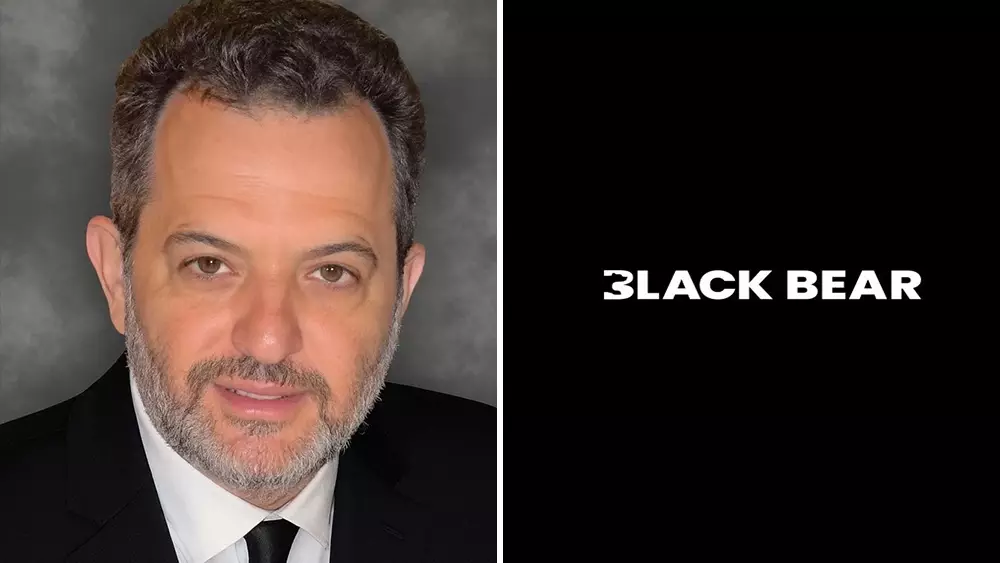Black Bear’s recent announcement to carve out a significant space within the theatrical distribution market signals a pivotal shift for the once purely financier and producer-centric company. While expansion sounds promising, it raises eyebrows about whether this move is truly strategic or a risky high-wire act. Entrusting veteran distributor David Spitz—whose illustrious career includes blockbuster hits and critically acclaimed titles—suggests Black Bear is betting heavily on experience. But is past success in a different corporate ecosystem enough to navigate the complex, fiercely competitive landscape of theatrical distribution?
The decision to oversee up to 12 films annually, blending genres from filmmaker-driven art house projects to high-octane action fare, underscores a desire to diversify and capture broad audiences. Yet, it’s precisely this broad-spectrum approach that could dilute focus. Are they spreading themselves too thin in pursuit of quick wins rather than cultivating a sustainable, long-term foothold? While Spitz’s connections and instincts are undeniable assets, a central question remains: can a relatively young company with limited distribution infrastructure truly establish itself against entrenched giants? This gamble may come across as an overconfidence born from ambition, risking reputation and resources.
Leadership and Legacy: The Experience as a Double-Edged Sword
Bringing David Spitz into the fold signals Black Bear’s acknowledgement of the importance of seasoned leadership in theatrical distribution. As a former Lionsgate executive, Spitz’s track record of pushing major franchises like The Hunger Games and John Wick proves he knows how to generate blockbuster hits and capitalise on theatrical windows. However, past accomplishments often breed complacency—what worked in the era of Lionsgate might not translate seamlessly into Black Bear’s new independent-oriented strategy.
Despite Spitz’s formidable résumé, this move subtly reveals a potential disconnect between Black Bear’s current positioning and the realities of theatrical exhibition. The landscape of cinema distribution is shifting rapidly, with streaming platforms challenging traditional routes, and consumers showing unpredictable attendance patterns. Relying heavily on a veteran’s expertise risks underestimating the evolving industry dynamics. The challenge isn’t merely releasing a handful of films theatrically but creating compelling, must-see events that stand out amid a crowded market. Whether Spitz’s strategic instincts are sharp enough to adapt to this new paradigm remains uncertain.
Market Risks and the Future of Theatrical Release
Black Bear’s entry into theatrical distribution could be viewed as a misguided attempt to cash in on perceived market momentum—yet this mindset ignores the intricacies of film exhibition. Distributors today grapple with not just audience preferences but also the rise of multiplex franchise fatigue, economic downturns, and the lingering impact of the pandemic on theatrical returns. To succeed, Black Bear must juggle the theatrical window’s profitability with the realities of screening costs and competition from giants like Disney, Warner Bros., and Netflix.
Moreover, their emphasis on genre diversity suggests a tactic to buffer against market fluctuations. But diversity isn’t necessarily a strength without sharp targeting and audience loyalty. Independent films, although culturally significant, often struggle to find wide appeal, and without a clear niche or innovative distribution strategy, even blockbuster genre titles can fall short. The risk lies in overextension—trying to be all things to all audiences—potentially leading to dilution of brand value, and cannibalizing their own releases.
A Center-Right Strategy: Balancing Innovation with Pragmatism
From a political and economic standpoint, Black Bear’s push into theatrical distribution embodies a center-right approach: fostering industry growth through strategic investment while acknowledging market realities. They are betting on a model that rewards shrewd partnerships, targeted releases, and capital-intensive marketing—hallmarks of a pragmatic, market-oriented philosophy. Yet, their aggressive expansion might challenge the prudence that should define such ventures.
In an era where smaller studios and distributors must be remarkably nimble, Black Bear’s move appears more as a calculated risk than an assured success. The appointment of Spitz suggests they believe in the power of proven talent, but this alone doesn’t guarantee dominance. Success will depend on their ability to adapt quickly, establish meaningful relationships with exhibitors, and select projects with clear commercial potential. It also means resisting the temptation to compete blindly with Hollywood’s giants, instead carving out a strategic niche that leverages their existing international reach and production strengths.
Black Bear’s foray into theatrical distribution underscores an unshakeable confidence in their growth potential, combined with a risky underestimation of industry complexity. Their success hinges on disciplined execution, strategic patience, and the ability to learn swiftly from missteps—traits that are often lacking in bold, high-stakes ventures such as this. While the move might seem ambitious or even reckless to skeptics, its true test will be whether it can turn bold strategy into sustainable market influence.

